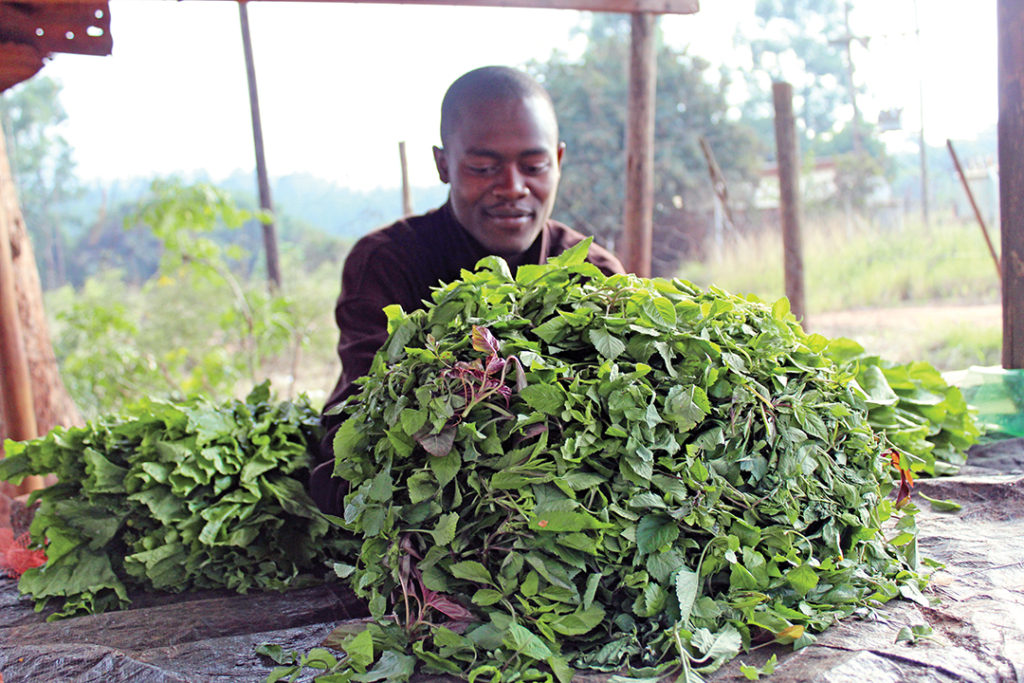BUSANI BAFANA/INTER PRESS SERVICE
Brightly colored cans, bags of fertilizer and packets containing all types of seeds catch the eye upon entering Nancy Khorommbi’s agro dealer shop, tucked at the corner of a roadside service station in South Africa.
But her seeds and fertilizers have not exactly been flying off the shelves since Khorommbi opened the shop in 2010. Her customers are smallholder farmers in the town of Sibasa in Limpopo, one of South Africa’s provinces hard hit by drought in 2016.
The reason for the slow business is that smallholder farmers lack training on how to use plant-nourishing fertilizers to improve their productivity.
“Some of the farmers who walk into my shop have never heard about fertilizers, and those who have do not know how to use them effectively,” Khorommbi said.
Khorommbi said fledging agro-dealer businesses are a critical link in the food production chain. Agro-dealers, who work at the village level, better understand and are more accessible to smallholder farmers than are the poorly resourced government extension service for information on improving productivity.
Noting the knowledge gap on fertilizers, the African Fertilizer and Agribusiness Partnership launched agribusiness support to Limpopo province in 2015. It has trained more than 100 agro-dealers in the province. The project promotes the development of the agro dealer hub model, where established commercial agro dealers service smaller dealers and agents in the rural areas. These dealers, in turn, better serve smallholder farmers by putting agricultural supplies and information within easy reach and at reasonable cost.
Smallholder farmers hold the key to feeding Africa, including South Africa, but their productivity is stymied by poor access to information and effective markets for their produce.
In 2006, African Heads of State and Government signed the Abuja Declaration at a Fertilizer Summit in Nigeria, committing to increase the use of fertilizer in Africa from the then-average 8 kilograms per hectare to 50 kilograms per hectare by 2015. Ten years later, only a few countries had attained this goal.
Research has established that for every kilogram of nutrients smallholder farmers apply to their soils, they can realize up to 30 kilograms in additional products. Research has shown that smallholder farmers in South Africa do not generally apply optimum levels of fertilizers owing to high cost, poor access and low awareness about the benefits of providing nutrition for the soil.

